Lovers, The (1958)
“Raoul adores you; isn’t that enough?”
|
Synopsis: |
|
Genres, Themes, Actors, and Directors:
Response to Peary’s Review: It’s also notable for providing “the role that gained [Moreau] international fame.” As Peary notes, “Bory is, yes, boring — you forget what he looks like a minute after the film ends; but Moreau is something special: when she lets down and brushes her hair and walks outside in her white nightgown, she makes the quickest transition from dowdy” (I wouldn’t exactly call her that!) “to ethereal in cinema history.” The film was groundbreaking for the time in its depiction of “mutually enjoyable sex,” without (as Malle himself put it) slowly panning away to the window at a critical moment — though it should be pointed out there’s nothing graphic at all. Unfortunately, the rest of the storyline is a rather bland tale of marital tensions and boredom among the bourgeoise: … all of which simply serves to highlight how empty Moreau’s existence is before allowing herself to fall for Bory. Interestingly, the most controversial aspect of the film for numerous countries was the fact that Moreau is a mother who seems to be putting her personal satisfaction above her parenting: Film fanatics will likely want to check this film out once given its historical notoriety, but it’s not an especially rich or satisfying classic. Notable Performances, Qualities, and Moments: Must See? Categories
Links: |
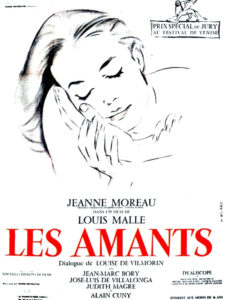
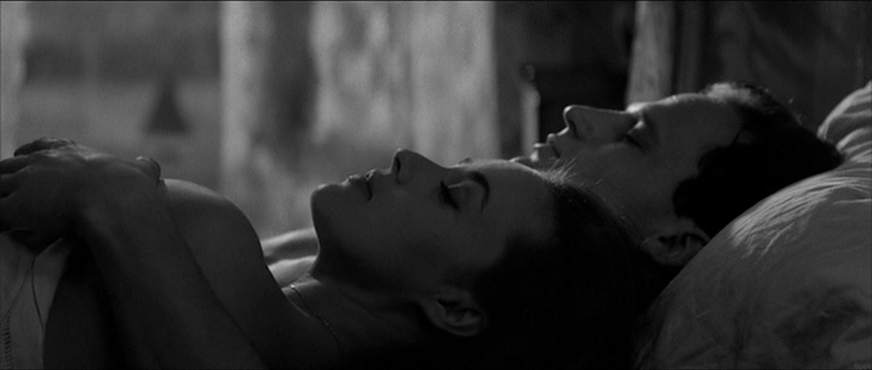
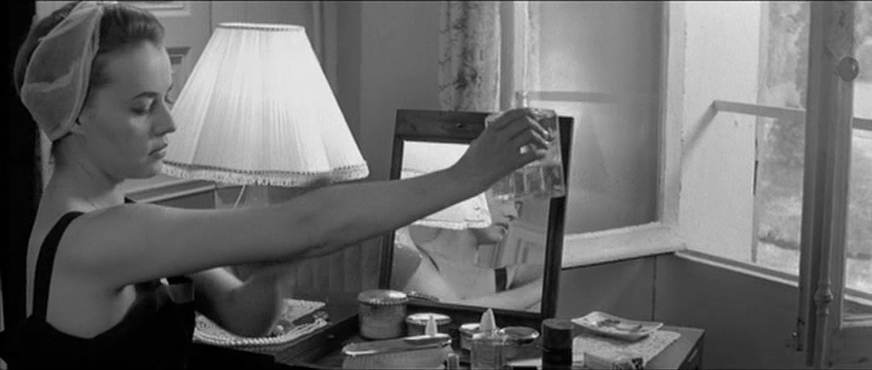
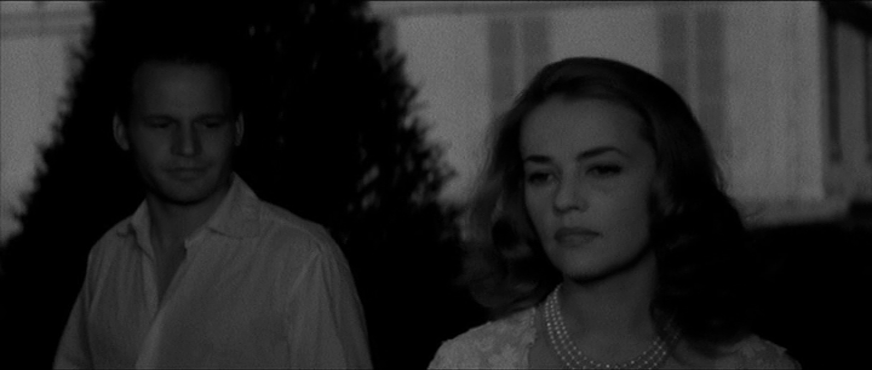
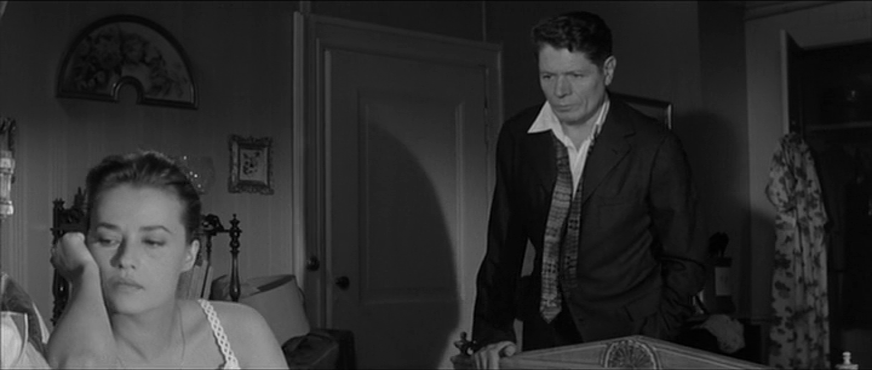
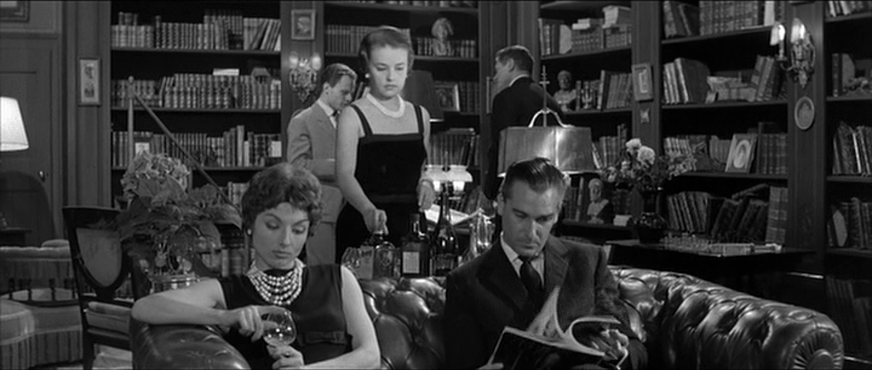
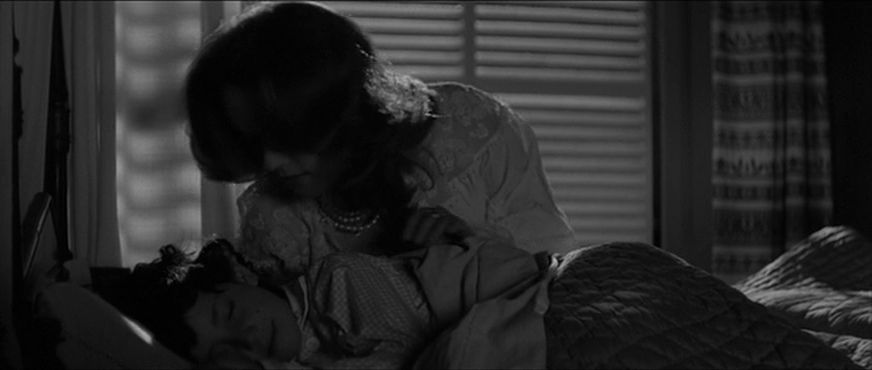
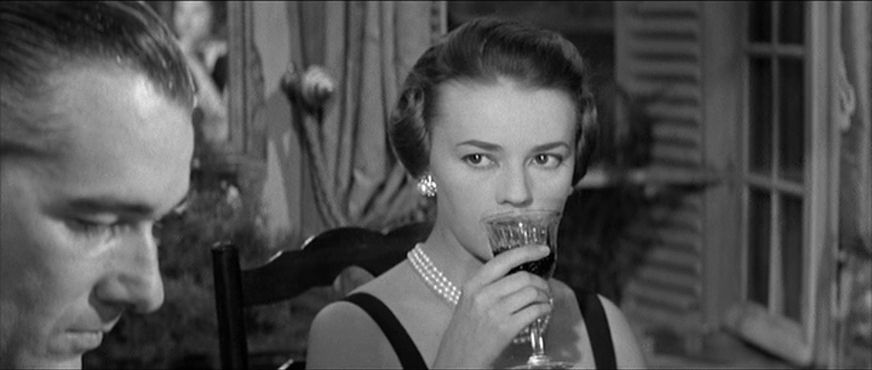

One thought on “Lovers, The (1958)”
First viewing (2/13/21). A once-must, for its place in cinema history as a unique love story.
Malle’s second film is singular for the way it may make you think about it afterwards. Based on an 18th-century novel, its contemporary dialogue was written by Louise de Vilmorin. Its narrative is strictly from the feminine POV but its masculine sensibility comes from Malle.
In a blu-ray extra (filmed shortly before his death), Malle states that his main intent was to film a “love letter” to Moreau. He had just finished directing her in ‘Elevator to the Gallows’ (which Peary oddly ignores or overlooks) but he wanted to give her more than just a supporting role. As Malle says, ‘The Lovers’ is all Moreau and she is in just about every frame.
In that same extra, Malle refers to ‘The Lovers’ as “lyrical, naive and romantic”. It was made when he was 25 and, later in life, Malle felt the need to return to similar territory with ‘Damage’ (though with that film he took a much harsher approach).
Yet, ‘The Lovers’ has significant value aside from what may be viewed as “naive”. Consider what’s really going on in Moreau’s marriage: her husband encourages her to visit her girlfriend in Paris as often as she likes (why would he do that if he would like her to stay home more?); conversely, early on, Moreau narrates for us that she suddenly feels jealous when her husband is called away to his office and she follows him there (is she hoping that he will take more of an interest in her?).
As well, the film makes it clear that Moreau isn’t in love with the man she seems to be leaning towards. So, when the story’s gear shifts, we’re called to consider whether or not there is such a thing as “love at first sight” (even though what Moreau falls into is a bit more complicated – and simultaneously natural – than that).
We don’t seem to be called on to judge. Malle impresses with his innate sense of visual sophistication and taste; he receives firm support from his terrific DP Henri Decae.